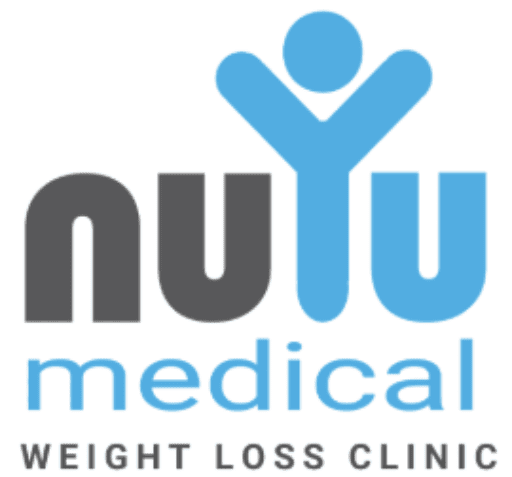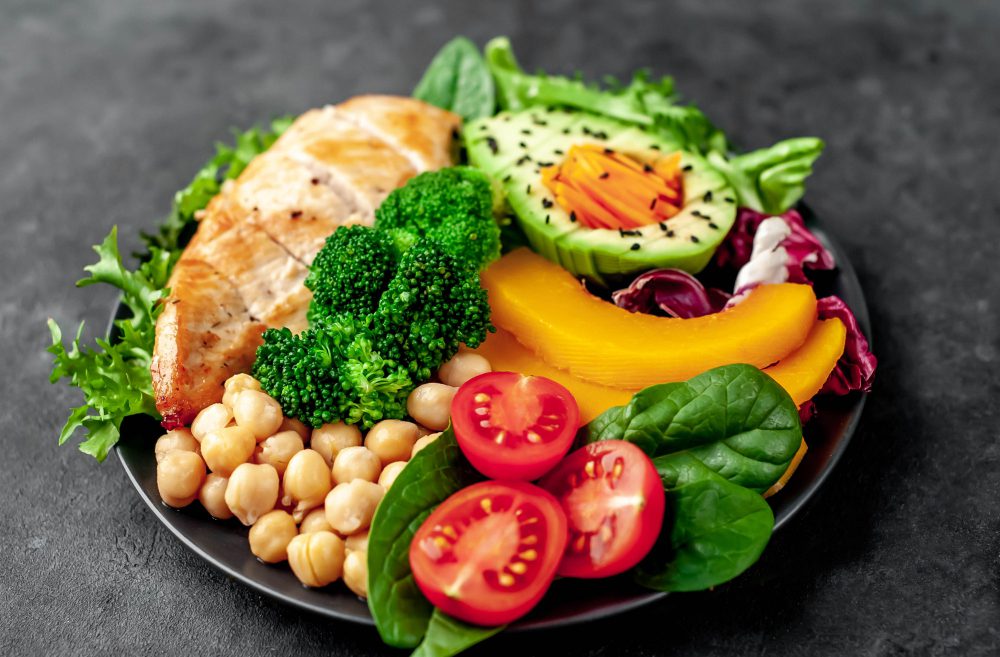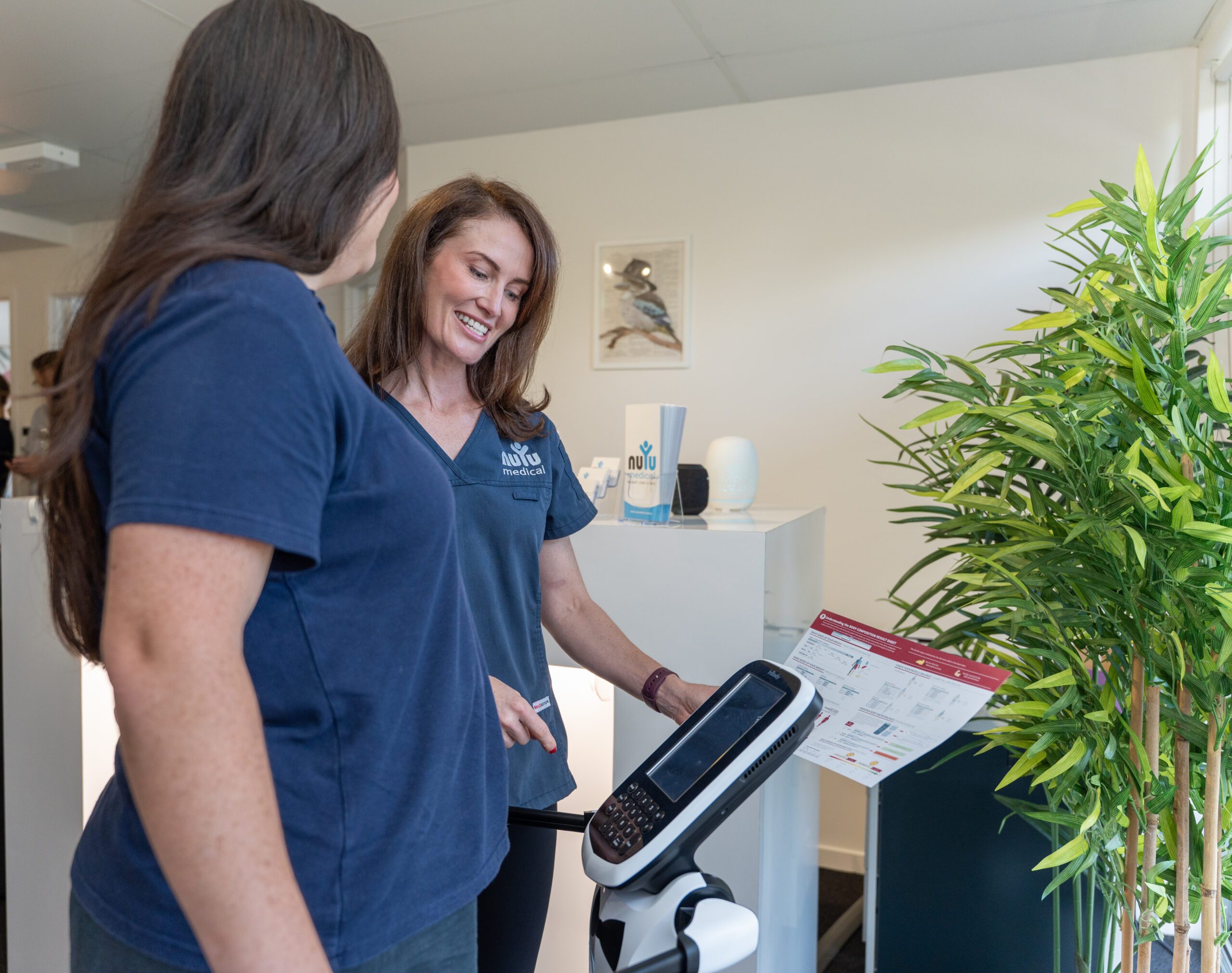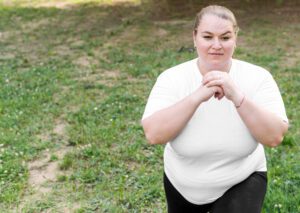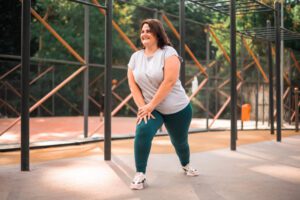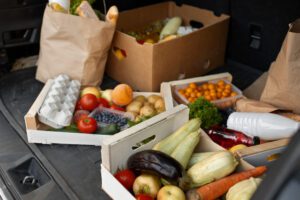Embarking on a medically supervised weight loss program is a powerful step toward reclaiming your health, confidence, and energy. But what you eat plays a vital role in the success of your journey. At our Gold Coast clinic—serving Southport, Surfers Paradise, and surrounding areas—we provide tailored nutrition advice to ensure your eating plan supports your treatment, your goals, and your lifestyle.
This guide will walk you through the foundational eating principles of a medically supervised program, including recommended foods, what to avoid, and how to build meals that support long-term success.
Why Nutrition Is Central to Medically Supervised Weight Loss
Unlike fad diets, medically supervised weight loss is built on clinical evidence, ongoing monitoring, and personalised care. This means your dietary choices are more than just calorie-focused—they’re geared toward improving metabolic function, supporting fat loss while preserving lean muscle, and preventing nutrient deficiencies.
Your eating plan will also need to align with any prescription weight loss medications you may be taking, such as appetite suppressants or GLP-1 medications. These medications can affect appetite, digestion, and absorption, so nutritional balance becomes even more important.
What to Eat: Core Food Groups to Focus On
1. Lean Proteins
Protein is essential for maintaining muscle mass, regulating hormones, and increasing satiety. When you’re losing weight, it’s especially important to get enough protein to preserve muscle while burning fat.
Good options include:
- Skinless chicken breast, turkey, lean beef
- Eggs and egg whites
- Tofu, tempeh, and legumes (lentils, chickpeas, beans)
- Low-fat dairy products or fortified plant-based alternatives
- Fish and seafood
Aim to include a source of protein at every meal, ideally between 20–30g per serve.
2. High-Fibre, Low-Glycaemic Carbohydrates
Carbohydrates are not the enemy—they’re a key energy source, especially when you choose high-fibre, nutrient-dense varieties. These carbs release energy slowly, helping you feel fuller longer and stabilising blood sugar levels.
Examples include:
- Oats, barley, quinoa
- Sweet potato, pumpkin, carrots
- Brown rice, wholegrain pasta, seeded bread
- Apples, berries, pears, and oranges
- Leafy greens, broccoli, zucchini, and capsicum
3. Healthy Fats in Moderation
Healthy fats support brain function, hormone health, and absorption of fat-soluble vitamins (A, D, E, K). But they’re also energy-dense, so portion control is key.
Choose:
- Avocado (¼ to ½ fruit per serve)
- Raw nuts (a small handful)
- Seeds like chia, flaxseed, or sunflower
- Olive oil (1 tsp–1 tbsp per meal)
- Fatty fish like salmon or sardines (2–3 times per week)
4. Hydrating and Low-Calorie Beverages
Staying hydrated supports digestion, hunger regulation, and your body’s ability to metabolise fat. Aim for at least 2 litres of water per day—more if you’re exercising or it’s a hot Queensland day.
Other good options:
- Herbal tea
- Sparkling water with lemon
- Black coffee (in moderation)
- Electrolyte drinks if you’re on a very low-calorie diet (VLCD)
What to Avoid: Foods That Can Stall Progress
Certain foods can interfere with weight loss, especially when you’re on a medical program where consistency is key. Here’s what to minimise or avoid:
- Ultra-processed foods: Packaged snacks, instant noodles, processed meats
- Sugary drinks: Soft drinks, fruit juices, energy drinks
- White carbs: White bread, pasta, rice—low in fibre, high in glycaemic load
- Fried and takeaway foods: Often high in hidden fats, sugar, and sodium
- Alcohol: Adds empty calories, affects liver metabolism, and reduces dietary compliance
Sample Meal Plan for Queensland-Based Clients
Here’s a sample day that works well with most medically supervised weight loss plans, including those using prescription medications:
Breakfast
- 2 boiled eggs + 1 slice of wholegrain toast + ½ avocado
- Green tea or black coffee
- Water with lemon
Mid-Morning Snack
- Greek yogurt with berries and chia seeds
Lunch
- Grilled chicken salad with leafy greens, cucumber, cherry tomatoes, and olive oil + balsamic dressing
- Small serve of quinoa on the side
Afternoon Snack
- Handful of almonds + 1 small apple
Dinner
- Baked salmon with roasted sweet potato and steamed broccoli
- Herbal tea
How We Customise Nutrition to Your Program
At our Gold Coast clinic, every weight loss plan starts with a comprehensive dietary consultation. We assess your medical history, current eating patterns, weight loss goals, and any prescription treatments you’re using. Based on this, we develop a custom meal framework that fits your lifestyle—whether you’re a busy professional in Southport or a retiree in Surfers Paradise.
We also offer Telehealth appointments, making it easier than ever to get expert advice without leaving home. Regular follow-ups help us track progress, make adjustments, and keep you motivated.
Book a Dietary Consultation on the Gold Coast
If you’re looking to lose weight safely and sustainably, our team of experts is here to guide you. Book a consultation at our Southport clinic or via Telehealth, and we’ll create a personalised plan that supports your medical treatment, lifestyle, and long-term goals.
